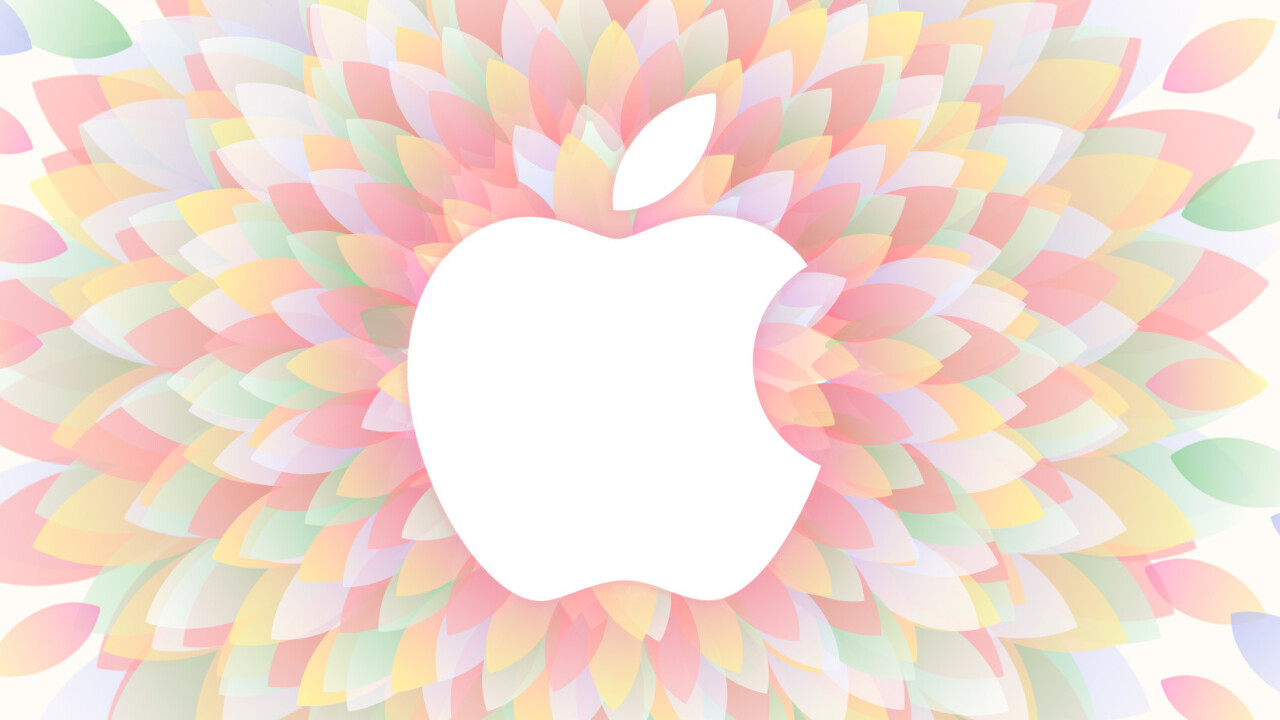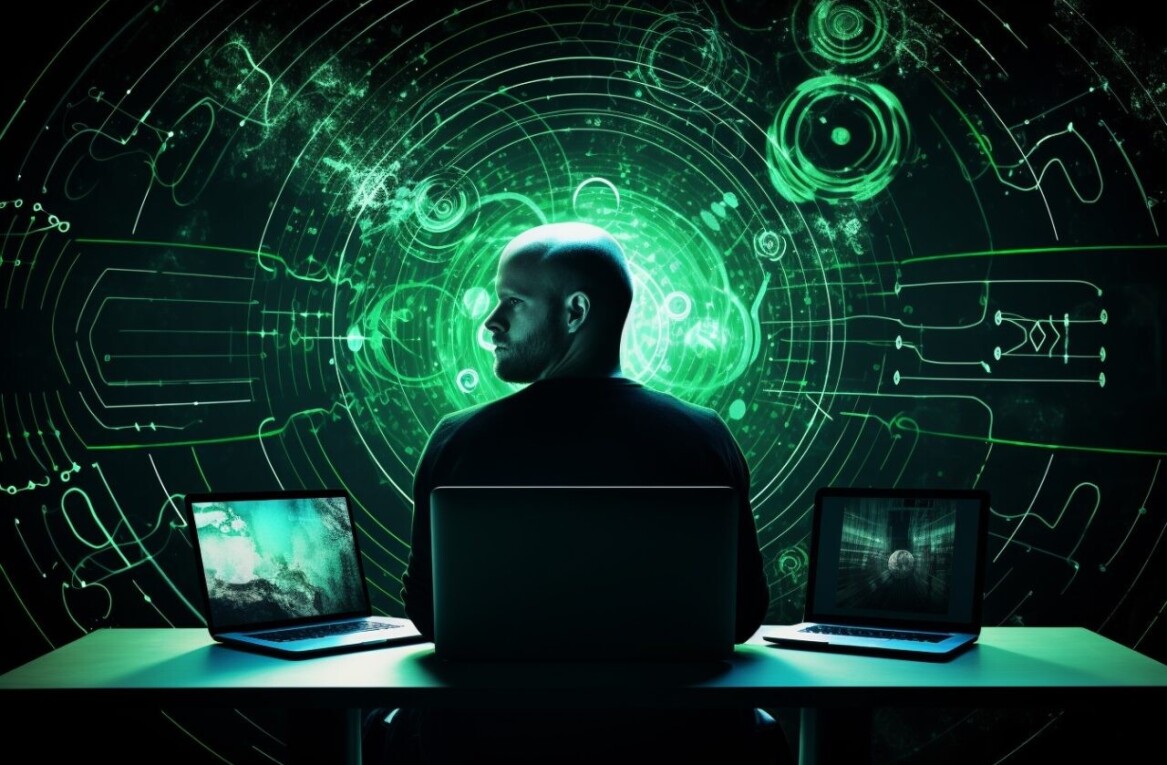
The now well-known and increasingly long-running battle between Apple and the FBI over the unlocking of an iPhone is over. Or, it is for now.
But with the FBI reportedly getting access from a third-party, leading to a request to withdraw the case, there are unanswered questions about the security of Apple devices, both as they stand right now and in the future.
Apple always maintained that providing access to the device through a custom-built piece of software would open up every single iPhone user to the potential for intrusion in the future.
Now the FBI says it doesn’t need Apple’s help and has gotten in anyway. Some people, including Edward Snowden, said the FBI never even needed Apple’s help, and it was a pure political play to smooth the way for future violations of privacy under the guise of security.
It’s unclear exactly how the FBI found its way in – reportedly through the help of a third-party company that hasn’t been named.
So, now there’s software out there that can unlock any iPhone; the exact thing that Apple was fighting against. Of course, Apple has requested that the FBI discloses how it accessed the device, if it in fact has and this wasn’t all a big political game. It seems unlikely that the FBI would be obliged to reveal the method though.
The most worrying thing is the inevitability: if this software exists, it’ll either find its way onto the Web or already has, and then every stolen, found and otherwise ‘locked’ iPhone will be fair game. It’s totally understandable why Apple would never want to have built it and been responsible for that.
And at the end of it, what information are we, as users, definitively left with about Apple devices?
- Apple saying it couldn’t decrypt the contents of an iPhone.
- Apple refusing to rebuild the OS to allow unlimited attempts to crack the passcode for the safety of all its users.
- The FBI saying it couldn’t access the device without Apple’s help.
- Snowden and others saying it could, and that the publicity was part of the politics of the situation.
- The FBI saying it no longer needed Apple’s help in accessing the device, as another company stepped in to offer assistance.
- That there’s now a piece of software available that either bypasses the lock code without destroying the contents of a device or allows for infinite guesses – or indeed, it can decrypt the information without doing either, which even Apple says it can’t do.
What we don’t know is how it will be used or misappropriated in the future, but there’s probably a whole lot of people trying to work out how that can be done for their own nefarious ends, while Apple’s probably working on another way of preventing it.
As is often the case, there are more questions than answers right now.
Get the TNW newsletter
Get the most important tech news in your inbox each week.





